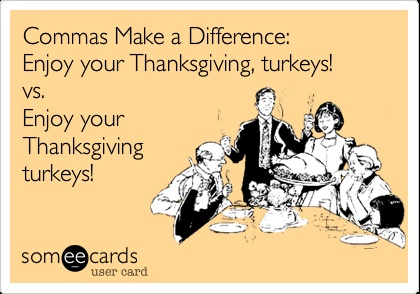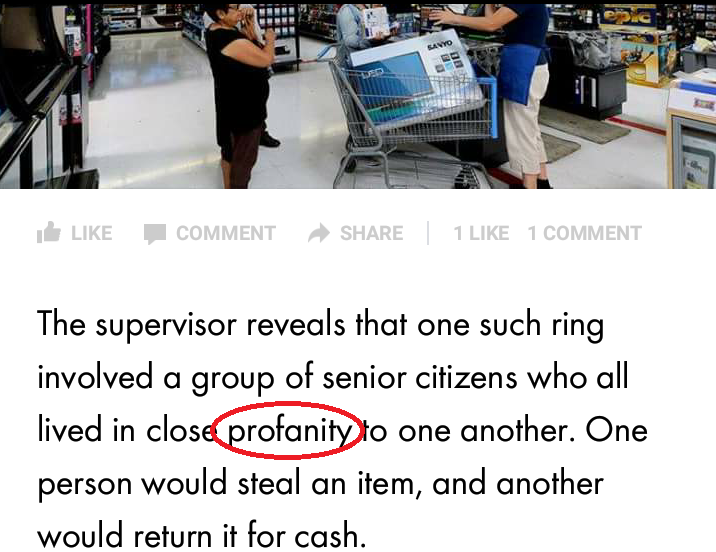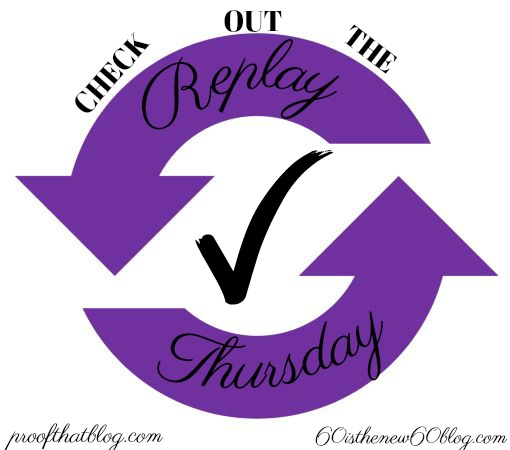 Here are a few things that I’ve come across lately and thought you might find interesting:
Here are a few things that I’ve come across lately and thought you might find interesting:
- Publically or Publicly? I changed the spelling of “publically” in a document recently and was told that it was a correct alternative spelling and to leave it that way. So I’ve researched it a little bit. It appears “publically” is gaining in popularity, but the majority still favors “publicly” as the correct spelling.
- Preventive or Preventative? According to Dictionary.com, the definitions are:
Preventive:
A. Medicine/Medical. Of or noting a drug, vaccine, etc., for preventing disease; prophylactic.
B. serving to prevent or hinder: preventive measures.
Preventative (actually refers you back to Preventive):
A. Medicine/Medical. of or noting a drug, vaccine, etc., for preventing disease; prophylactic.
B. serving to prevent or hinder: preventive measures.
Yep, they are the same. “Preventive” has been used in writings much longer, but “preventative” is gaining ground. “Preventative” is used more frequently outside the United States, while “preventive” is used more here in the U.S., so either is correct.
- Various different. I saw this recently in something I was proofreading. Unfortunately, both words mean the same thing. Again, according to Dictionary.com, “various” means: “of different kinds, as two or more things; differing one from another” while one of the definitions of “different” is: “various; several.” So in this case, pick one. Use either “various” or “different,” but not both of them together.
- Coming down the pipe or pike? This question was raised to me recently. It looks like “coming down the pike” is the original idiom from back when the “pike” was shortened from “turnpike.” However, “coming down the pipe” is gaining in popularity, because lots of things come down a pipe. Since “turnpikes” have fallen out of common language in favor of “freeway,” more people understand “pipe.” So the more common version in today’s lingo is “coming down the pipe.”
- Postliminary. I had this word come up in something I was proofreading recently. Since I hadn’t heard that word before, I looked it up. Merriam-Webster defines it as: done or carried on after something else or as a conclusion; subsequent —opposed to preliminary. While I’m not sure it is a great replacement for “after,” I kind of like it. So you will have preliminary, main, and postliminary.
- Thank-you. I’ve seen this word hyphenated before and just thought, without a doubt, that it was wrong. Someone told me recently it is correct. Apparently, it IS correct. Merriam-Webster online defines “thank-you” as “a polite expression of one’s gratitude.” Grammar Girl even says “thank-you” can be used as a noun or an adjective. However, when I search for “thank-you” on Google, the vast majority of the returns are not hyphenated. I believe I’ll stick with the unhyphenated version.
- Myriad of. “Myriad” is defined by Dictionary.com as “a very great or indefinitely great number of persons or things.” People say that since “myriad” originally meant 10,000 and you wouldn’t say “a 10,000 of trees,” that saying “a myriad of” is incorrect. However, common practice is to use “myriad” as both a noun and as a adjective, so it is becoming more commonplace to say “a myriad of.” Personally, I prefer “myriad” all by its little lonely self, and have corrected it myriad times (see what I did there?). But if the author insists, “a myriad of” is not incorrect.
Well that’s my list of petty annoyances that I’ve been keeping lately. Do you have any petty annoyances you’d like to share? Email those to me at proofthatblog@gmail.com.



 Follow
Follow


 It’s time for a review of recent blog posts just in case you’ve missed them. We call this Replay Thursday. Here are posts from Proof That proofreading blog during the past week.
It’s time for a review of recent blog posts just in case you’ve missed them. We call this Replay Thursday. Here are posts from Proof That proofreading blog during the past week. Here are a few things that I’ve come across lately and thought you might find interesting:
Here are a few things that I’ve come across lately and thought you might find interesting:
